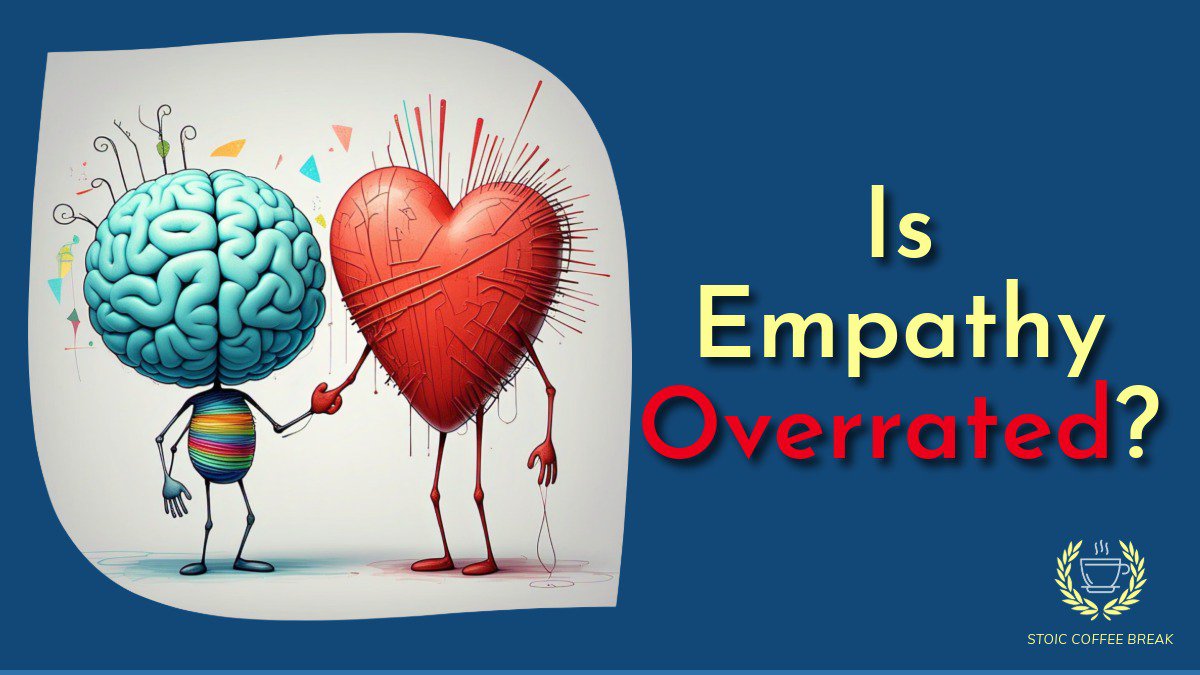Tag: kindness
-

337 – Evil Is the Absence of Empathy
“Wherever there is a human being, there is an opportunity for kindness.” —Seneca In an age of outrage, empathy faces scrutiny. Is it a liability or the key to preserving humanity? Dive into the critiques and defenses of empathy, exploring its role in justice and the common good. Discover why we might need a deeper,…
-

294 – The Ripple Effect of Small Acts of Kindness: A Stoic Perspective
“Kindness is mankind’s greatest delight.” — Marcus Aurelius In a world often shadowed by negativity, the power of small acts of kindness shines as a beacon of hope. Drawing from Stoic wisdom, this episode explores how these seemingly minor gestures can ripple through society, fostering trust, empathy, and a stronger community fabric. By embracing kindness…
-

270- Benefit of the Doubt
“Everywhere, at each moment, you have the option: to accept this event with humility; to treat this person as they should be treated; to approach this thought with care, so that nothing irrational creeps in.” —Marcus Aurelius Do you give others the benefit of the doubt? Giving people grace can make you happier with yourself.…